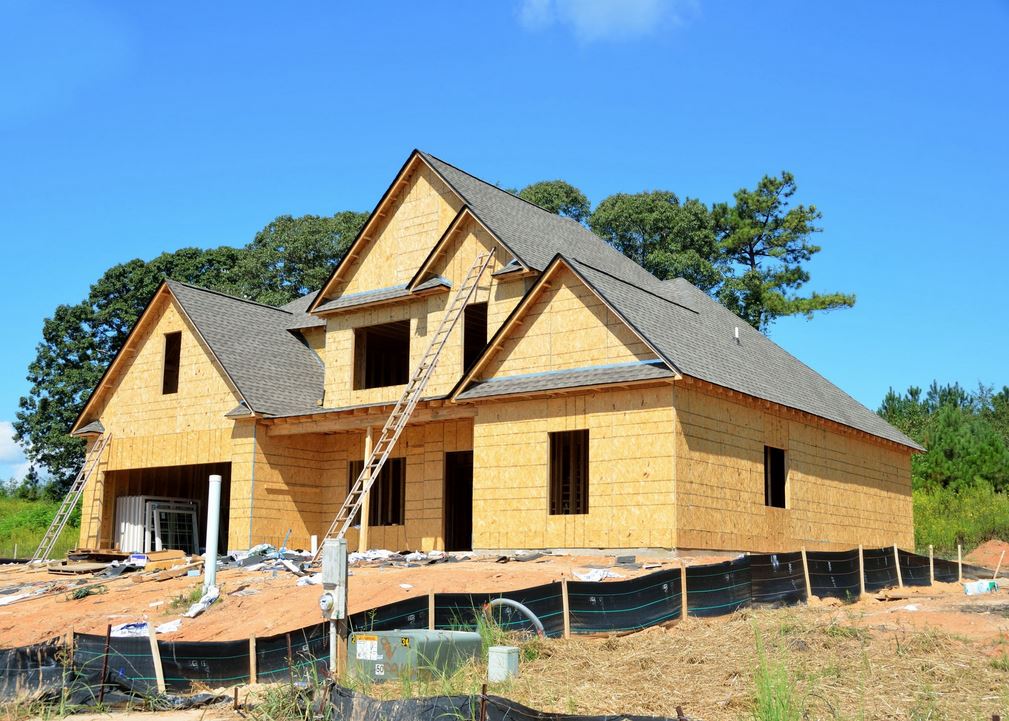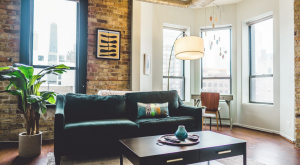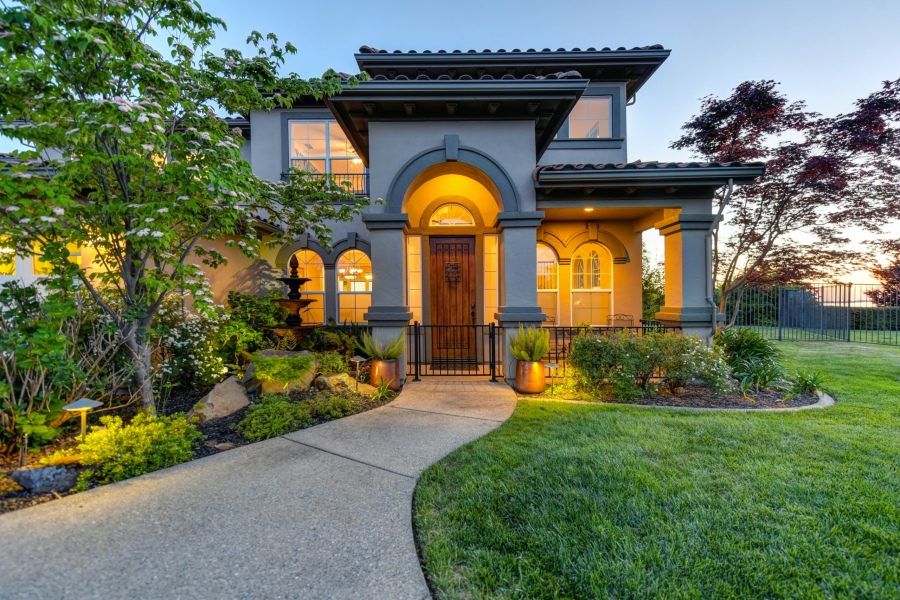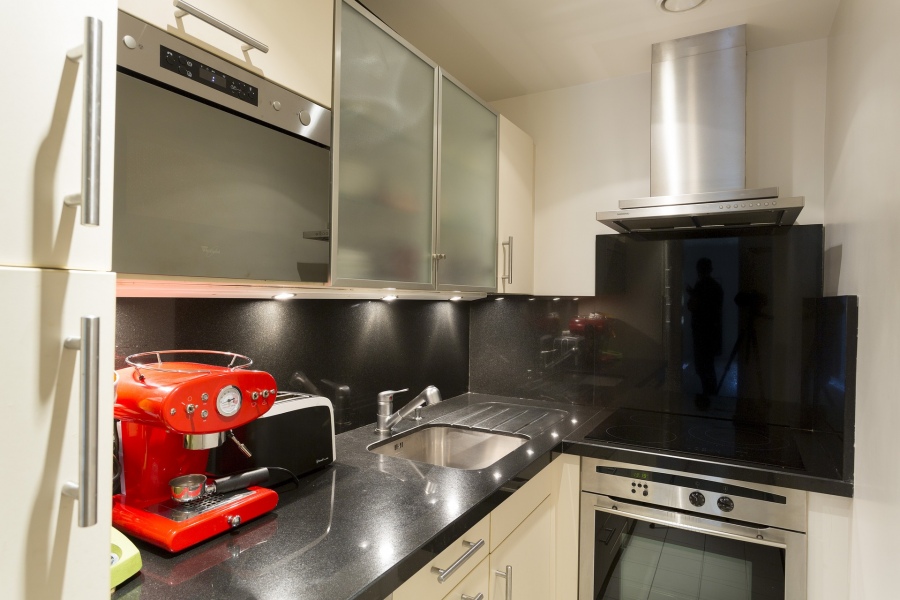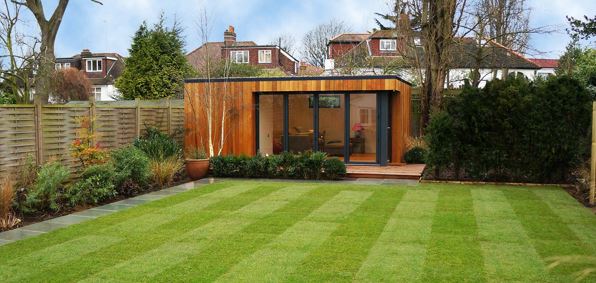Building a home is a major financial goal for many people. They see it as a manifestation of their hard work and an indicator of their status. The design and decorations reflect their personalities, and they expect to make priceless memories there with family and friends. With so much riding on a home, it’s important not to let it become a financial burden, so consider these four things as you begin planning to build.
Can You Contain Costs?
It’s one thing to set a budget and know you can afford it. It’s another thing entirely to actually stick to those numbers. Major purchases have a bad habit of creeping up in cost. It feels different to add $50,000 in chunks of five or six thousand at a time as opposed to dropping the whole $50,000 on one thing. In other words, a house can quickly nickel-and-dime you into a bigger payment. Build a budget and stick to it.
Will You Be Able to Afford Overhead?
When you’re renting, you lose track of what’s included in your rent. The property owner’s insurance, property taxes, upkeep, and maybe even utilities are all rolled into your monthly payment. In that situation, it can be easy to think that the modest increase resulting from a conversion from rent payments to mortgage payments isn’t a big deal. Be sure you’ve talked to taxing authorities, insurers, and utility providers to get realistic numbers on your monthly costs.
How is the Market?
For some people, it’s not important to consider resale value of a home because they intend to stay there until retirement and beyond. For those who may want to upsize, downsize, or simply relocate, it is important to design the home in such a way that it will have good resale value. In addition, the market should show enough promise for the area that housing in general will grow and prove profitable. Research the area and see if you can expect to come out ahead if you sell a few years down the road.
Are You Building Quality?
The only thing more expensive than building a house is fixing it. It is essential to do it right the first time. Don’t simply go with the cheapest contractor. Find the best new home builders in your area. Choose one who will do a great job by not just saving you money but by building a quality home that will not end up with problems later on. Make sure the home is built so that it won’t shift, settle, twist, leak, or prove too expensive to heat and cool.
Building a home is exciting. Making all the decisions about designs and plans can make it very easy to lose track of the financial factors. With the right builder and a good understanding of your market and expenses, building a home can be the exciting and even profitable venture that you hope it will be.
